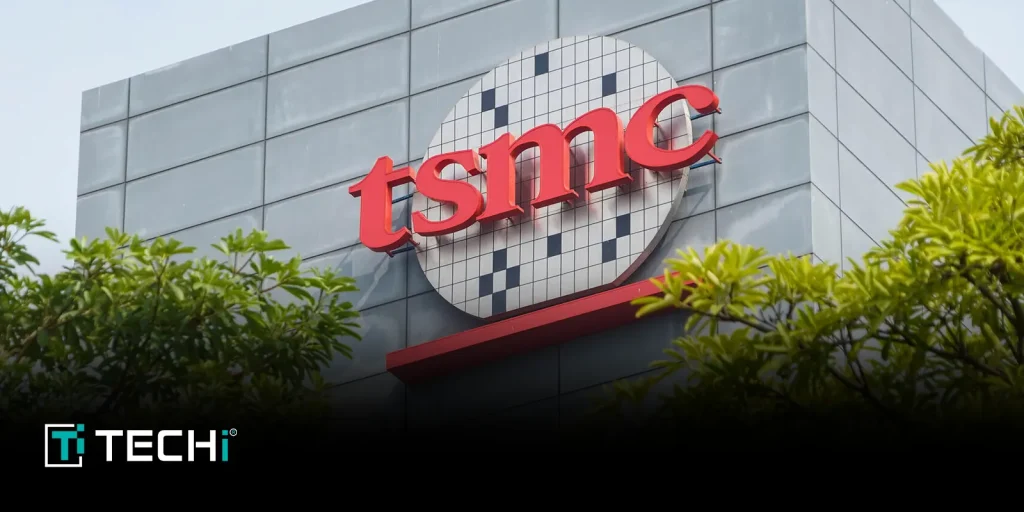TSMC’s new U.S. plant in Arizona is unlikely to receive the most advanced chip technology before the company’s factories in Taiwan due to various regulatory, compliance, and local construction challenges, according to TSMC’s CEO, C.C. Wei.
Wei highlighted that building the Arizona facility has taken much longer than expected, at least double the time it took to construct plants in Taiwan. This delay, he explained, is due to complex permitting processes and the need for strict compliance at every stage. As a result, it will be difficult for TSMC to implement its latest chip technology in the U.S. before it is deployed in Taiwan.
TSMC, a key supplier of advanced chips to companies like Apple, is investing $65 billion in three large-scale factories in Arizona, aiming to boost the U.S.’s semiconductor production capabilities. However, TSMC has stated that the majority of its chip production will continue to take place in Taiwan.
Despite facing several challenges, including cost overruns, Wei expressed confidence that the Arizona facility would produce chips of the same quality as its Taiwanese counterparts. He is optimistic about the progress of the plant as it ramps up production.
The Arizona project has been delayed further by a shortage of skilled labor, supply chain disruptions, and the lack of established regulations for chip manufacturing plants in the U.S. TSMC has had to create 18,000 new regulations at a cost of $35 million, hiring experts to work with local authorities to address these issues.
Additionally, the cost of chemicals required for chip production in the U.S. is significantly higher than in Taiwan. As a result, TSMC has been forced to ship chemicals like sulfuric acid from Taiwan to Los Angeles, before trucking them to Arizona. The company has also had to relocate workers from Texas to Arizona to address labor shortages, further driving up costs.
Despite these hurdles, the U.S. government has been a strong supporter of the investment, offering a $6.6 billion grant to assist with TSMC’s efforts to diversify semiconductor production outside of Asia. U.S. Commerce Secretary Gina Raimondo recently confirmed that TSMC has already begun producing 4-nanometer chips for U.S. customers at the Arizona facility, marking a significant step in the country’s push for semiconductor self-sufficiency.
Read More: SpaceX company faced yet another setback while doing a test flight of its flagship rocket, Starship





Tech Writer